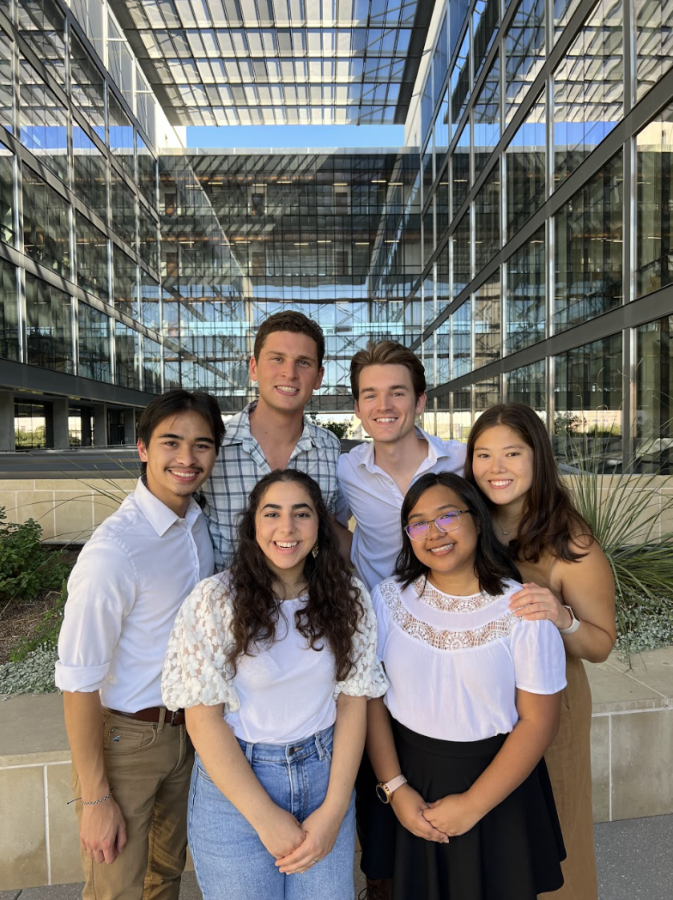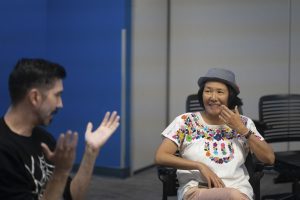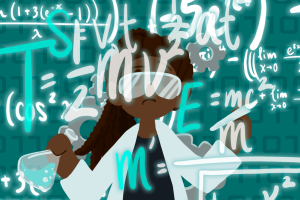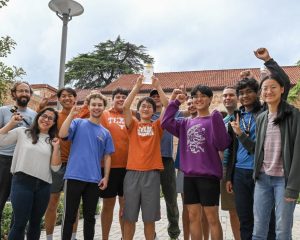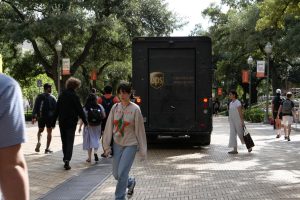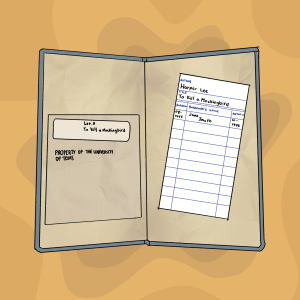Engineering, social work students fundraise for construction projects in India, Costa Rica
November 17, 2022
For Zachary de Haaff, engineering isn’t just formulas and calculations. Next summer, instead of traveling to a vacation destination, the civil engineering junior will trade sun and sand for a saw, applying what he’s learned in the field through a more hands-on project.
Launched in 2010, the University’s Projects with Underserved Communities program gives engineering and social work students the opportunity to lead global construction projects. In May 2023, the program’s two teams will travel to build a community center in India and a changing room for local soccer fields in Costa Rica. To support their projects, both Team India and Team Costa Rica recently launched HornRaisers, open through Dec. 9, seeking $15,000 each to make their work possible.
De Haaff said he discovered the program after his dad’s coworker described the inspiration he gained from the project. After hearing his praise of the program, de Haaff said he immediately knew he wanted to jump at the opportunity.
“You’re able to learn how engineering and trade happens and bring that back to use in your own life,” said de Haaff, the Team India project manager.
In addition to designing plans, students spent the fall semester learning about the communities they will work with, holding meetings with local leaders to ensure their projects will benefit the people they serve. Upon landing, the group will assess progress and seek community input, ensuring the construction will develop to support their needs.
John McLeod, a civil engineer and longtime instructor who recently started leading the course, said he sees the opportunity to garner hands-on experience as invaluable for undergraduates.
“Undergraduates are taught principles. ‘Here’s five homework problems to answer.’ However, in this case, there is no clear answer,” McLeod said. “You have to define what the real answer is, and to develop that, it’s a process. It’s different from the normal undergraduate (experience), and there is no back of the book to look at.”
Team India relies on a partnership with Church’s Auxiliary for Social Action, an organization committed to education and livelihood support in India in order to foster a constant line of communication with individuals in the villages in Kodaikanal, the location of the community center. The team established this connection to ensure the community’s constant approval of their developments and hold them accountable for the effects of the development.
Jarret Carnes, a political communication senior, said the dialogue with community members through CASA teaches him how to apply humanitarian skills he learned from his studies.
“We grow the most when we choose to step into spaces that are outside of our comfort zone,” Carnes said. “I have never worked in a team that’s as fast-paced and as structured (as) this one is. It’s bringing out skills that I didn’t know I had, but showing me how I can use them in an applicable way, just at a totally different level than most kids have the opportunity to do at 22 years old.”
Reiko Corteza, a fellow Team India member and engineering senior, said the project is more than just construction and gives her a chance to produce something meaningful. Corteza said she finds fulfillment in making a positive impact on a larger scale.
“The impact of engineering is talking about how buildings affect people’s lives. … That link between people and their environment really resonated with me,” Corteza said. “Being able to see that human impact in terms of how your work directly impacts somebody else … is fulfilling in terms of my values as an engineer.”

